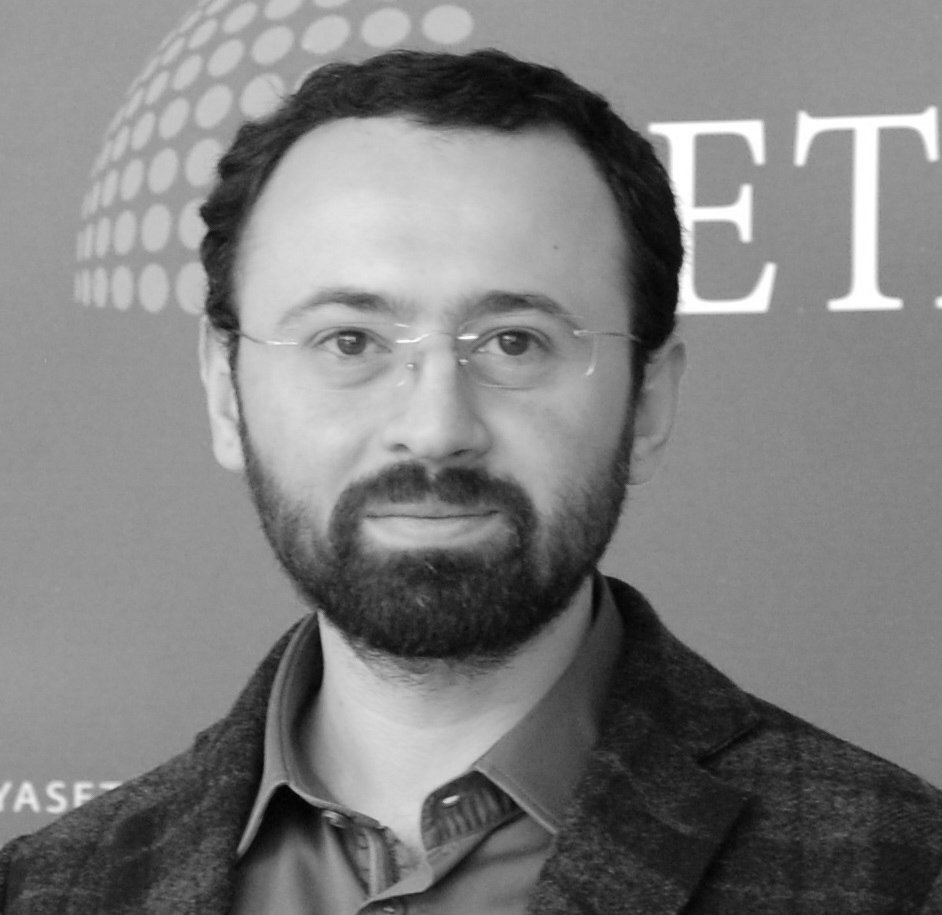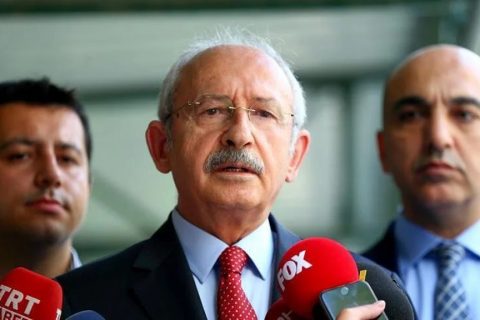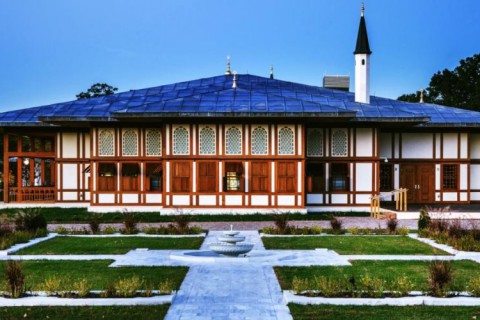Faruk Yaslıçimen
Editor-in-chief, Politics Today
Faruk Yaslıçimen received his BA in History and International Relations (double major) from Istanbul Bilgi University in 2004. He continued his graduate education at Bilkent University, where he received his MA in History in 2008 with a dissertation titled as Sunnism versus Shiism? Rise of the Shiite Politics and of the Ottoman Apprehension in Late Nineteenth Century Iraq. In 2015, he received his PhD at Ludwig Maximillians University of Munich, where he defended his doctoral dissertation on Being Shiite in the Late Ottoman Empire: Communities, Identities and StateSociety Relations. His areas of scholarly research and interest covers sectarian relations in the Ottoman Empire, history of the Ottoman Middle East in the nineteenth century, and Ottoman historiography. Yaslıçimen works at SETA Istanbul as a researcher and focuses on the field of cultural policies in Turkey.
-
Opinion
Kemal Kılıçdaroğlu Is Set to Lose Türkiye’s Presidential Election
With Türkiye’s transition to a presidential system in April 2017, after a historic referendum that saw 51.4% of the votes cast in favor of the new system, political parties in Türkiye immediately began to adapt to the new system. The presidential system, which requires candidates to win an absolute majority of first-round votes, forged pre-election alliances. It became clear to all opposition parties, led by the Republican People’s Party (CHP), that on their own they could not defeat Erdoğan or the AK Party (Justice and Development Party) under Erdoğan’s leadership?
-
Domestic Policy
Diyanet Center of America: An Architectural Quest for Identity
A visitor of the Diyanet Center notes that the mosque is already filled with Muslims from various backgrounds, all gathering every week for Friday sermons and excited by the scene that makes them feel at home.


